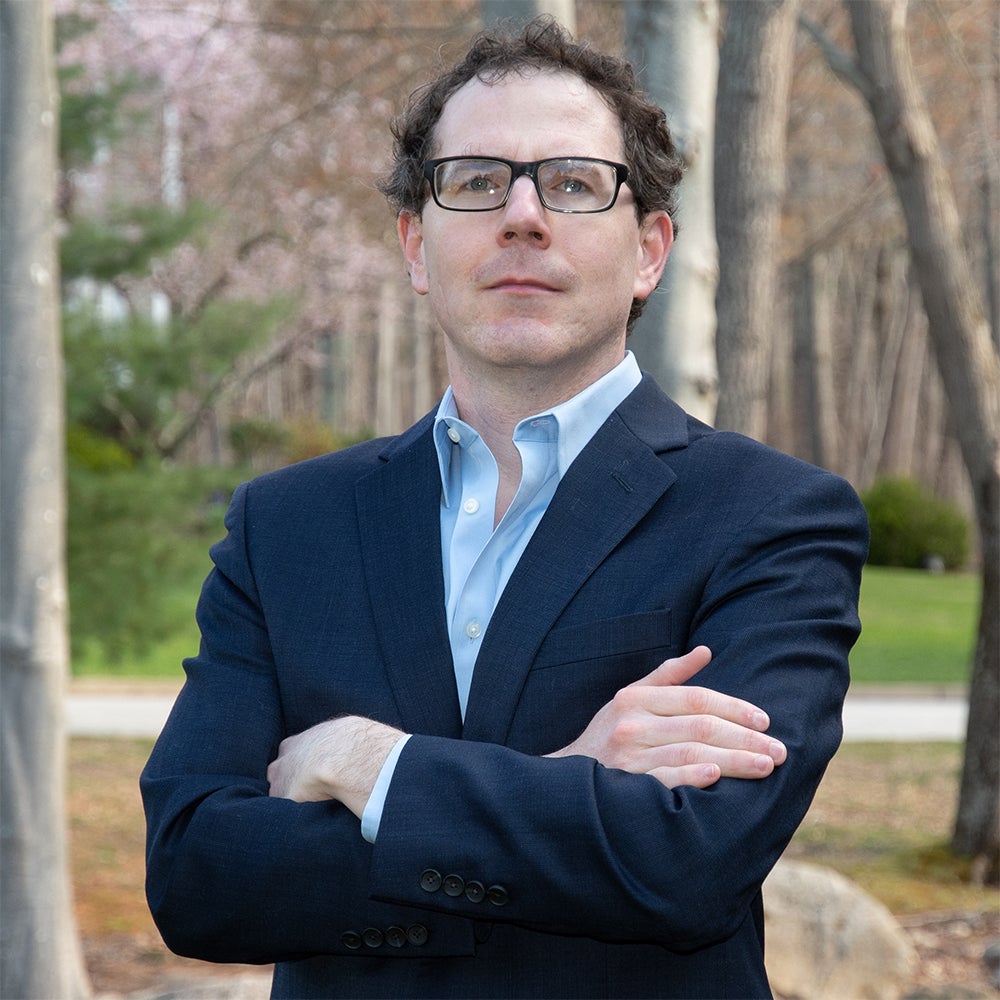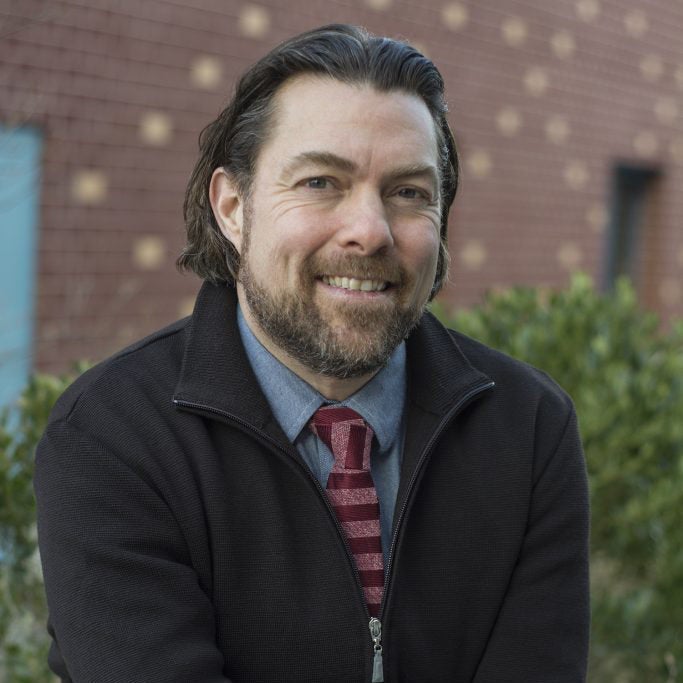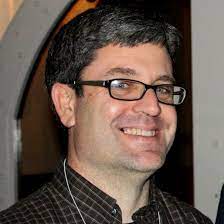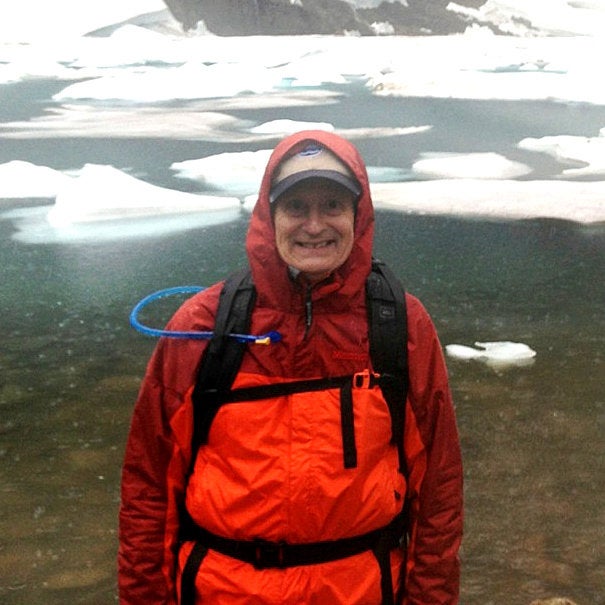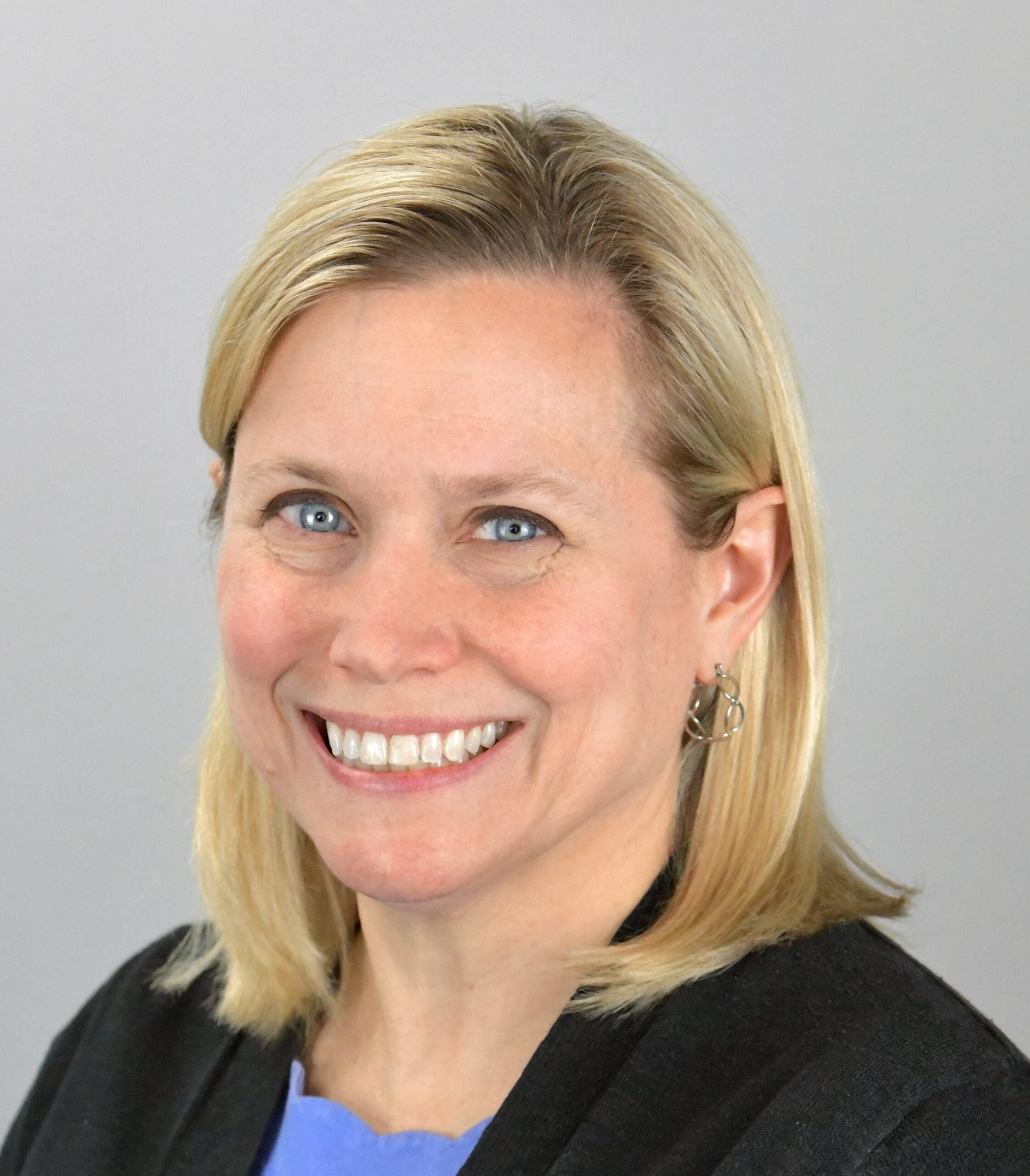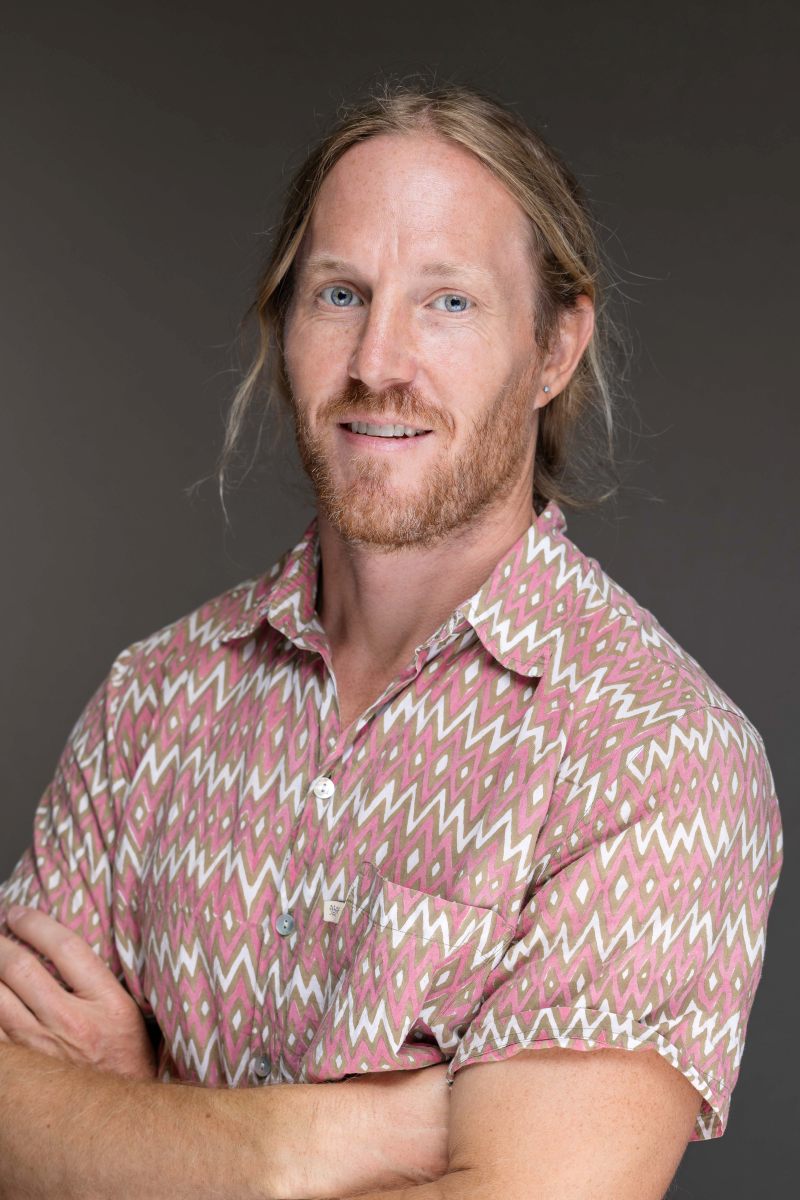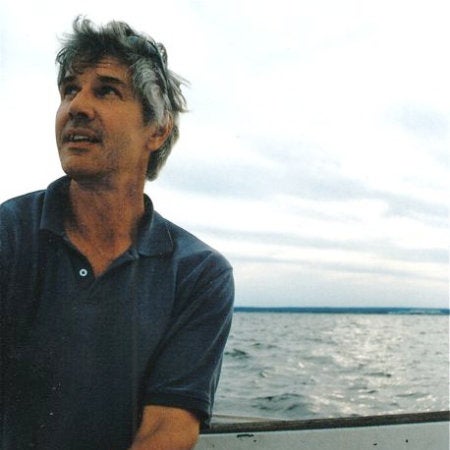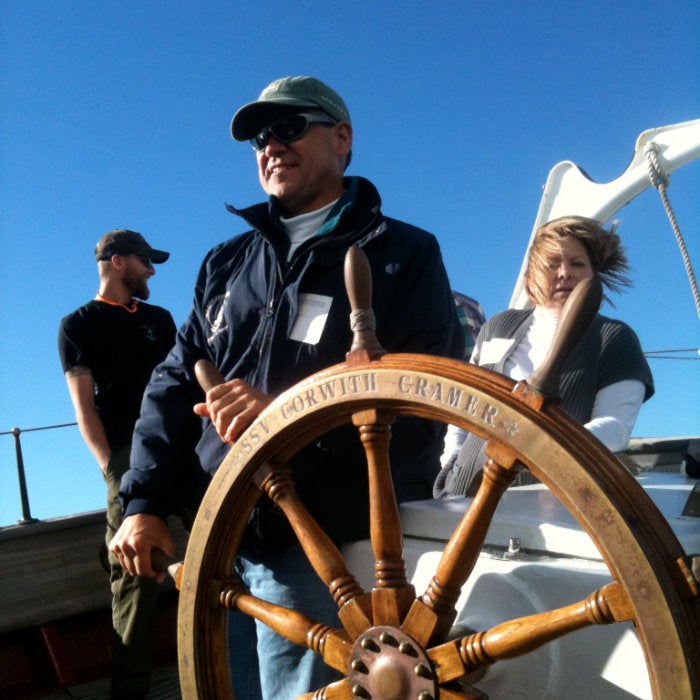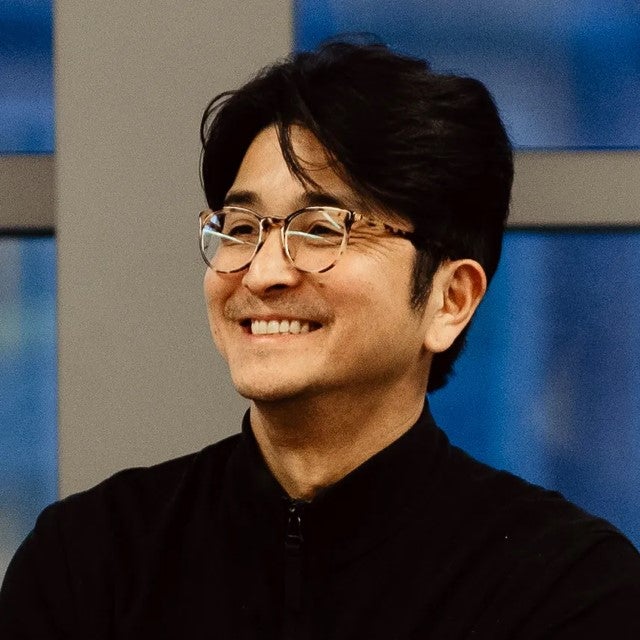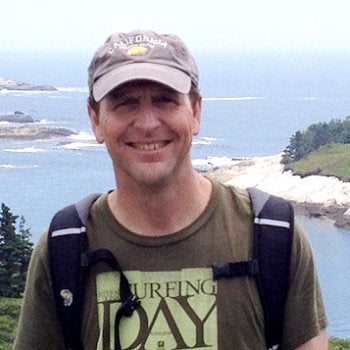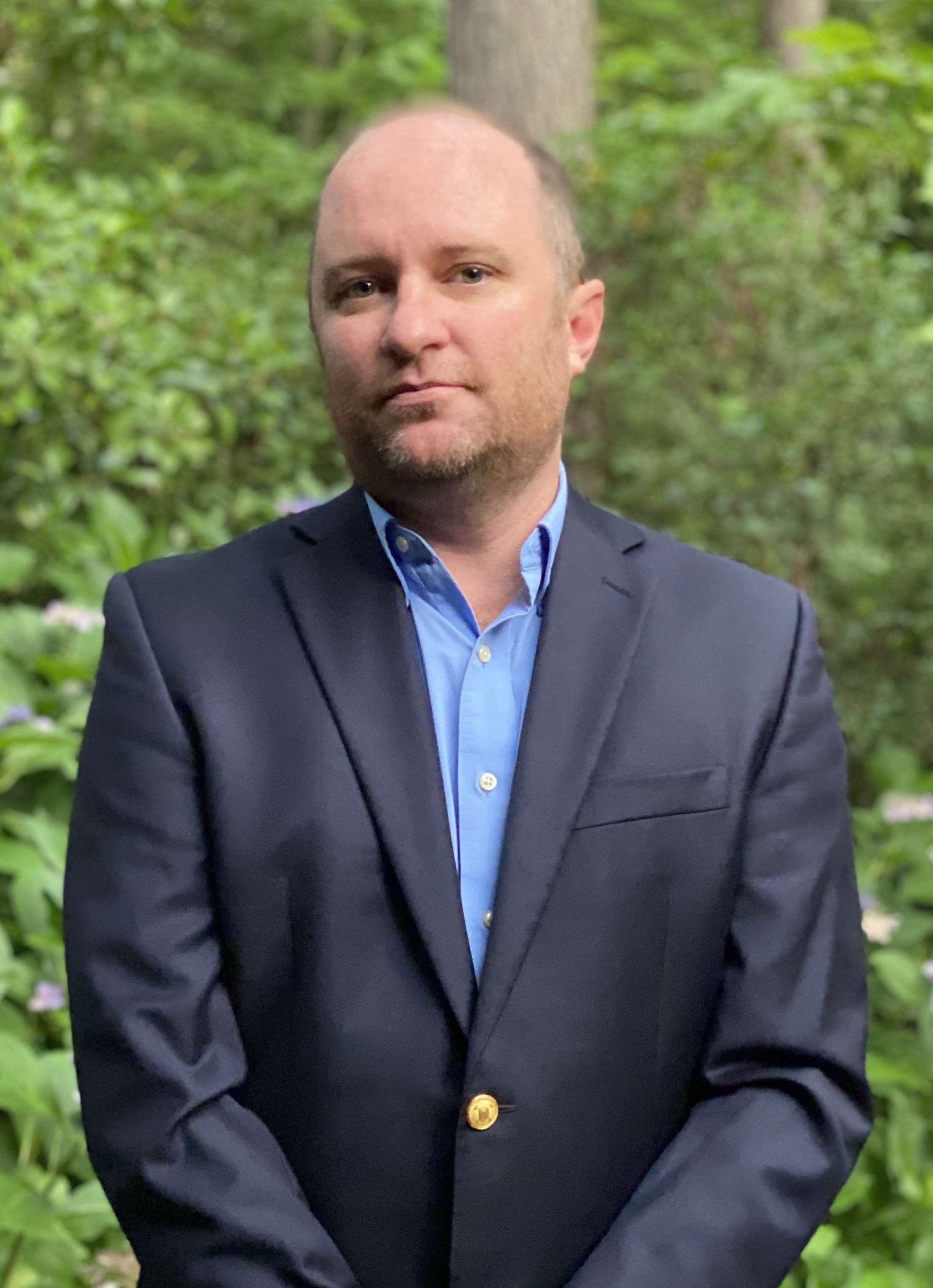Coastal communities can be immensely important areas for global trade, tourism, agriculture, aquaculture, and fishing. Due to the importance of coastal communities to many civilizations, coastal areas also hold a wealth of historical and archeological sites. However, coastal areas can also include highly productive, but extremely vulnerable, ecosystems. Furthermore, coastal settlements are vulnerable to sea-level rise and intense coastal storms. Consequently, managing the human use of the coastal margin requires an interdisciplinary approach that has a solid foundation in natural science, social science, and policy. Students who are interested in coastal communities have found positions in federal and state coastal management programs, local government, nonprofit organizations, and private consulting firms.
Courses offered
- MAF 100 Human Use and Management of the Marine Environment
- MAF 120 New England and the Sea
- MAF 220 Introduction to Marine and Coastal Law
- MAF 312 The Politics of the Ocean
- MAF 330 World Shipping
- MAF 373 Environmental Injustice
- MAF/Anthro 413 People and the Sea
- MAF 415 Marine Pollution Policy
- MAF 461 Coastal Zone Management
- MAF 465 GIS Applications in Coastal and Marine Management
- MAF 471: Critical Island Studies
- MAF 472 Coastal Tourism Studies
- MAF 475 Human Responses to Coastal Hazards and Disasters
- MAF 484 Environmental Analysis and Policy in Coastal Management
- MAF 511 Ocean Uses and Marine Sciences
- MAF 515 Marine Pollution Policy
- MAF 516 Seminar on the Urban Waterfront
- MAF 521 Coastal Zone Law
- MAF 526 Management of Marine Protected Areas
- MAF/NRS 527 Marine Protected Areas: An Interdisciplinary Analysis
- MAF 531 Environmental Justice
- MAF 530 Marine Environmental History
- MAF 564 Port Operations and Policy
- MAF 582 Coastal Ecosystem Governance
Faculty
Assistant Professor, Limited Joint appointment
Department of Fisheries, Animal and Veterinary Sciences; Marine Affairs
401.874.7083
pbaur@uri.edu
Professor & Chair of Marine Affairs and Director of the Graduate Certificate in Coastal Resilience
Department of Marine Affairs
401.874.4192
abecker@uri.edu
Professor and Director of Rhode Island Sea Grant
Department of Marine Affairs
401.874.6802
dalton@uri.edu
Professor, Joint appointment
Department of Sociology and Anthropology; Marine Affairs
401.874.4297
cgarciaquijano@uri.edu
Associate Professor, Joint Appontment
Department of Fisheries, Animal and Veterinary Sciences
Research
- Assessing Societal Impacts of Harmful Macroalgae Blooms in the Caribbean - Tracey Dalton, Carlos Garcia-Quijano, Di Jin, Peter Freeman, Ken Hamel, Patricia Valentin-Llorens. This study explores how Sargassum events and management strategies impact people who live and work in the Caribbean region.
- MAF alum Jessica Vandenberg publishes paper on food security, coral restoration - URI alum Jessica Vandenberg is the lead author of a new paper published in Conservation and Society, titled “Assessing Indicators and Limitations of Food Security Objectives in Coral Reef Restoration.”
- Film: Decolonizing Science and Ethics in Informal STEM Fields - Kendall Moore, Amelia Moore, Wendy Smythe, and Martha Merson
The Decolonizing Science Documentary Film Project explores the origins, creation, and evolution of western science as a western European enterprise, one that sublimated, marginalized and re-narrativized the practices, procedures, ethics, and contributions of the racially marginalized, underrepresented people of color (UR-POC) in science, today. - Reformulating Networks of Security, Sustainability, and Survival - Nicolette Bethel, Kenneth Broad, Amelia Moore, Adelle Thomas, Sarah Wise
How individuals and communities responded to Hurricane Dorian before, during, and after the storm, why they made the choices they made, and how their response strategies were adapted to the specific situation. - Public Memory, Place, and Belonging - Maryann Gobern Mathews, Jessie Frazier, Amelia Moore
In collaboration with the Gobern family and many other members of the local and regional community, we are developing a temporary, traveling exhibit, tentatively titled “Public Memory, Place, and Belonging: Unearthing the Hidden History of the Native and African American Presence on Block Island” about the multicultural history of the island, the evolution of the Manissean community and interracial relationships over time. - Coral Restoration Social Science and Assessment - Amelia Moore, Austin Humphries, Carlos Garcia-Quijano
Between 2018 and 2022, a team of URI researchers and students will be assessing the social impacts and effects of a large-scale, corporate funded, community oriented coral restoration project in the Spermonde Archipelago of Indonesia.

